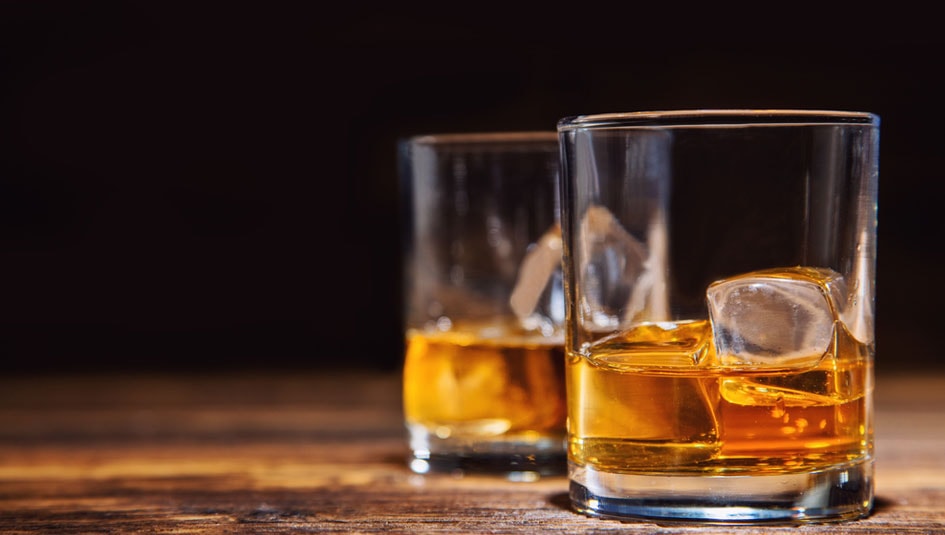Mini-Glucagon With Alcohol?

A recent study in Diabetes Care suggests that individuals with Type 1 diabetes may benefit from a dose of mini-glucagon after consuming alcohol.
In a randomized, crossover study, Danish researchers examined the efficacy of low-dose glucagon to increase glucose levels among individuals who had consumed ethanol (alcohol). The study involved 12 participants who visited a research facility on two separate occasions for a meal and a drink. Half of the participants were given a drink with alcohol, while the other half were given a placebo drink (so they were not told their drink did not contain alcohol). These provisions were reversed during the second visit. Then, all participants stayed overnight in the facility. Hypoglycemia was induced, glucagon was administered, and blood glucose levels were monitored.
The number of doses needed to induce a hypoglycemia state was fairly comparable between the groups. However, the researchers noted that the time to reach a hypoglycemic state was 60 minutes less among those individuals who consumed ethanol versus those in the placebo group. Overall, individuals who had consumed ethanol produced a lower incremental glucose peak, a lower incremental area under the curve, and lower 2-hour plasma glucose level. Their postprandial growth hormone (GH) responses were lower, while their postprandial cortisol peak was higher. (The cortisol levels were higher at the time of insulin bolus administration, as well.)
What does this mean? Perhaps providers should consider the use of low-dose glucagon for individuals who experience mild hypoglycemia after drinking alcohol. It may be an effective therapeutic option, despite common knowledge that full doses of glucagon do not work as effectively when the body is metabolizing alcohol.
Do you have an idea you would like to write about for Insulin Nation? Send your pitch to submissions@insulinnation.com.
Thanks for reading this Insulin Nation article. Want more Type 1 news? Subscribe here.
Have Type 2 diabetes or know someone who does? Try Type 2 Nation, our sister publication.